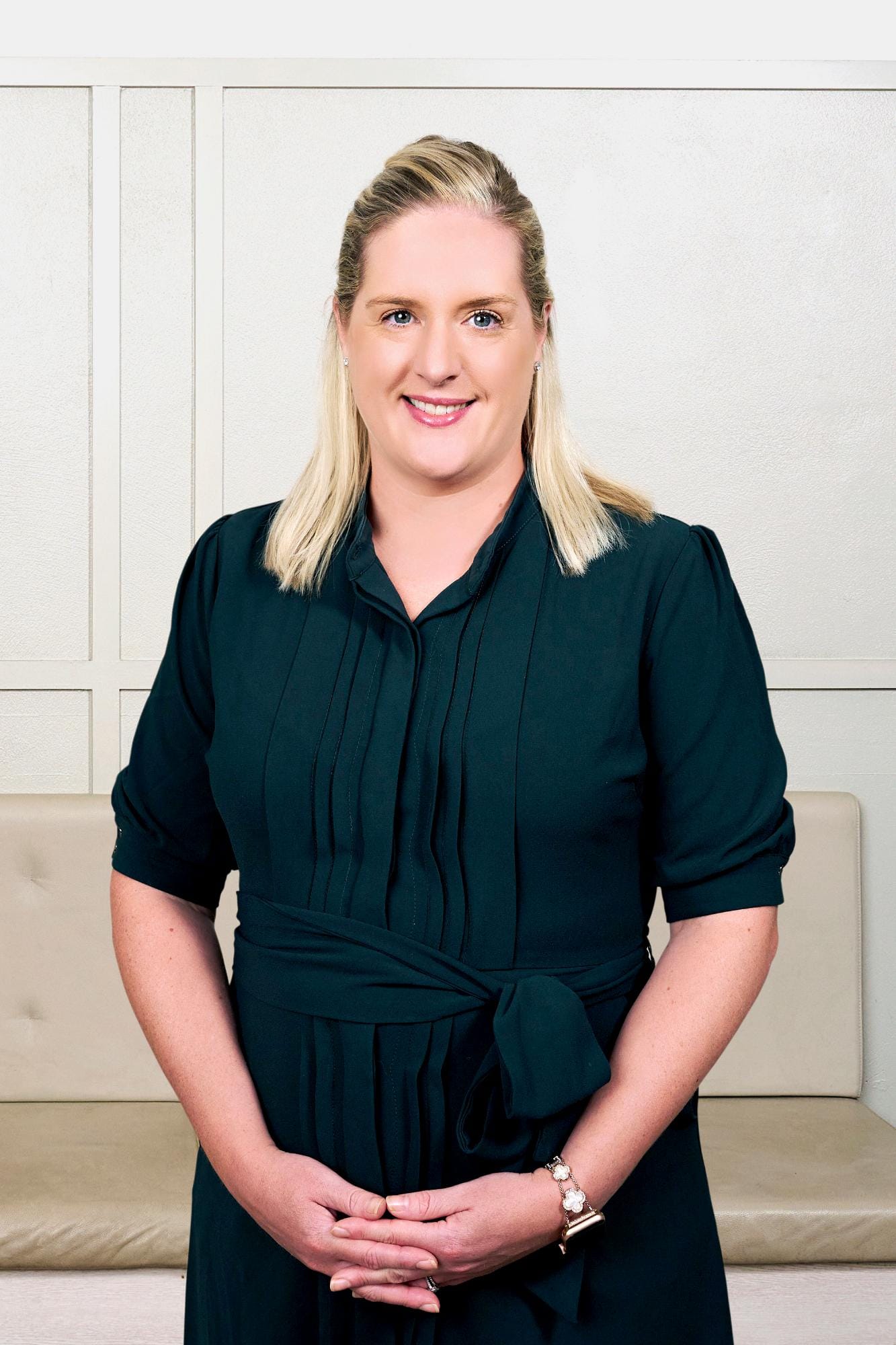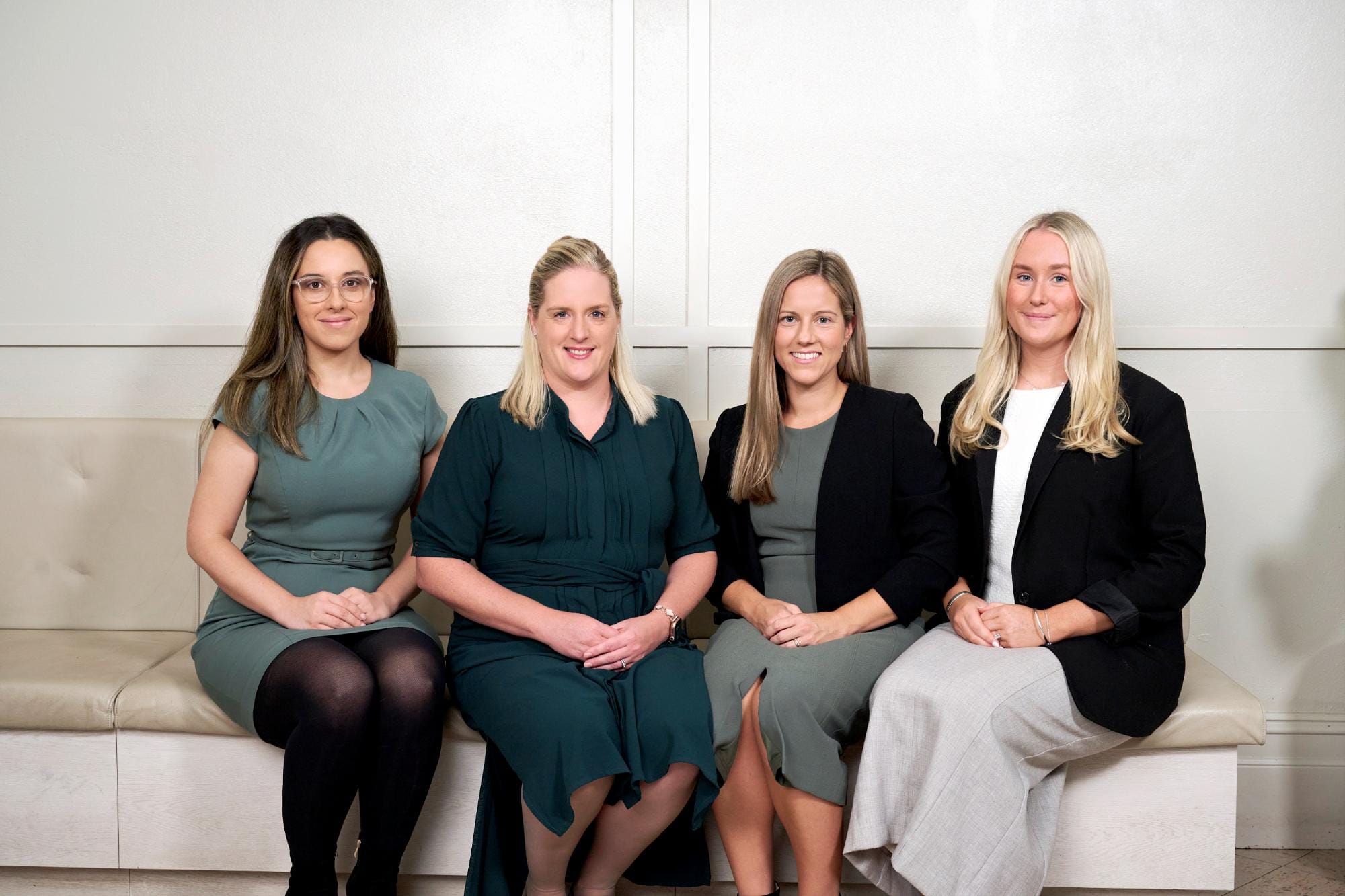Separation Under One Roof: What It Means and How It Affects Your Divorce
Separation under one roof occurs when a couple ends their relationship but continues to live in the same residence. This situation can arise due to financial constraints, parenting arrangements, or other practical reasons. While separation under one roof is legally recognised, proving the breakdown of the relationship can be complex. If you intend to apply for divorce, you must provide sufficient evidence that you and your spouse have genuinely separated despite continuing to reside together.

Our Family Lawyers are here to help. Contact us for support.
Understanding Separation Under One Roof
For legal purposes, separation occurs when at least one party communicates their intention to end the relationship, and the couple no longer presents as a couple in their social or domestic interactions. This means that even if both parties continue living under the same roof, they must demonstrate that their relationship has fundamentally changed. The court will consider various factors, including whether they continue to share meals, social activities, and financial responsibilities, to determine if a genuine separation has occurred. Simply stating that the relationship has ended is not sufficient without supporting evidence.
In cases where both parties remain in the same home, proving separation requires clear and objective evidence of a change in circumstances. This may include alterations to financial arrangements, such as maintaining separate bank accounts or ceasing joint financial obligations. Changes in sleeping arrangements, such as sleeping in separate rooms, and a shift in household duties, including reduced interaction or communication, can also support a claim of separation. Affidavits from friends, family, or professionals who can confirm the change in the couple’s relationship dynamics may further strengthen the case.
Key Aspects of Separation Under One Roof:
The couple no longer shares a marital relationship.
There is a clear intention to separate.
Evidence must support the claim of separation despite shared living arrangements.
Providing Evidence for Separation
To obtain a divorce while separated under one roof, the applicant must provide sufficient supporting evidence to the court to demonstrate that the marriage has irretrievably broken down. This evidence should show that, despite living together, the parties have led separate lives and no longer function as a couple. Courts will assess various factors, such as changes in financial arrangements, sleeping arrangements, and social interactions, to determine whether a genuine separation has occurred. It is not enough to simply state that the relationship has ended; tangible proof is required.
This evidence may include affidavits from both parties outlining the nature of their separation and detailing any significant changes in their daily routines. Third-party witnesses, such as friends, family members, or professionals, can also provide affidavits to confirm the change in the couple’s relationship. The court may consider whether the parties continue to perform domestic duties for each other, attend social events together, or share financial obligations. Providing comprehensive and consistent evidence is crucial in ensuring that the application for divorce is accepted.
Common Forms of Evidence:
Separate finances and bank accounts.
Cessation of shared domestic duties.
Statements from family members or friends confirming the separation.
Impact on Parenting and Financial Matters
Separation under one roof can significantly impact parenting and financial arrangements, particularly when disputes arise over children, property, or financial support. Living in the same household while separated may create additional challenges, such as disagreements over daily responsibilities, financial contributions, and child-rearing decisions. It is important for both parties to establish clear boundaries and document any changes in financial or caregiving responsibilities to avoid potential conflicts. Addressing these matters early can help prevent disputes from escalating and provide a more stable environment for all involved.
When determining parenting arrangements, family courts prioritise the best interests of the child, regardless of whether the parents continue to live under the same roof. The court assesses factors such as each parent’s involvement in the child’s life, the nature of their relationship, and their ability to provide a safe and supportive environment. Separation under one roof does not automatically affect custody decisions, but evidence of significant conflict or an inability to co-parent effectively may influence the court’s ruling. Parents should consider formalising their arrangements through parenting plans or consent orders to ensure clarity and legal enforceability.
Considerations for Parenting and Finances:
Arrangements for children’s care and well-being.
Financial independence and property matters.
Potential implications for spousal maintenance claims.
Legal Requirements for Divorce
Under Australian law, parties must be separated for at least 12 months before they can apply for a divorce. This period of separation is intended to demonstrate that the marriage has irretrievably broken down, with no reasonable prospect of reconciliation. If the parties have lived apart during this time, proving separation is straightforward. However, if they have remained under one roof for any part of the 12-month period, additional evidence is required to establish that they were genuinely separated despite continuing to reside in the same household.
To satisfy the court, parties must demonstrate that their separation was genuine and not merely a temporary arrangement. This involves showing significant changes in their living situation, such as ceasing to share a bedroom, altering financial arrangements, and reducing social interactions as a couple. Affidavits from both parties, as well as from third-party witnesses who can confirm the separation, may be required. The court will consider all relevant factors, including whether the parties continued to perform domestic duties for each other or presented as a couple in public, to determine if they meet the legal requirements for divorce.
Legal Considerations:
The court requires clear evidence of separation.
Affidavits from both parties or independent witnesses.
Demonstration of separate lives within the same home.
Divorce and Separation insights:
- Divorce vs Separation in Australia: Understanding the Legal Differences
- How to Apply for Divorce in Australia: Step-by-Step Legal Guide
- Separation Under One Roof: What It Means and How It Affects Your Divorce
- Financial and Property Settlements After Divorce: What You Need to Know
- How Long Does Divorce Take in Australia?
Our Divorce and Separation Lawyers are here to help. Contact us for support.
Separation Under One Roof: Key Considerations
Separation under one roof requires careful consideration, as the legal and financial implications can be complex.
Proving the Intention to Separate
The court requires clear evidence that at least one party intended to end the relationship. This includes demonstrating actions taken to separate, even if both parties continue living under the same roof.
Financial and Household Independence
Financial separation can be shown through independent bank accounts, separate finances, and individual bill payments. Maintaining distinct household responsibilities also helps support the claim of separation.
Implications for Parenting Arrangements
Parents need to assess how cohabitation after separation impacts their children’s daily routine and emotional stability. Ensuring that living arrangements prioritise the children’s well-being is essential during this transition.
Separation under One Roof FAQs
Can I still get divorced if we live in the same house?
Yes, you can still apply for a divorce even if you and your spouse continue living under the same roof. However, you will need to demonstrate to the court that you have genuinely separated, meaning you are no longer living as a couple despite sharing a residence. This may require providing evidence such as financial separation, changes in your daily routines, and statements from third parties who can confirm your separation.
What kind of evidence do I need to prove separation under one roof?
To satisfy the court, you will need to provide evidence that supports the claim that your relationship has ended while living together. This can include having separate bank accounts, ceasing shared financial responsibilities, changes in sleeping arrangements, and a reduction in domestic tasks performed for one another. Additionally, supporting affidavit from family members and friends may be required.
Will living under one roof affect my property settlement?
Not necessarily, as property settlements are determined based on financial and non-financial contributions made by each party during the relationship. The court also considers factors such as future needs, including income disparity, care of children, and health concerns, rather than focusing solely on living arrangements.
How does separation under one roof impact parenting arrangements?
The court’s primary consideration in parenting matters is the best interests of the child, which includes ensuring stability and maintaining meaningful relationships with both parents. If you and your former partner continue living under one roof, it is essential to have clear and structured parenting arrangements, such as defining who is responsible for day-to-day care, financial support, and decision-making.
Do both parties need to agree that they are separated?
No, a separation can still be legally recognised even if only one party believes the relationship has ended. If one spouse clearly communicates their intention to separate and takes steps to live independently—such as ceasing joint financial responsibilities or separating social lives—the separation is considered valid. Providing evidence of these actions, including witness statements or documented changes in financial and living arrangements, can help establish the date and legitimacy of the separation.
Our Family Lawyers Experience
Our award-winning Family Law team provides trusted, court-experienced legal support for families navigating complex matters including divorce, parenting arrangements, child custody, property settlements, spousal maintenance and financial agreements.
With offices in the Southern Highlands, the Macarthur Region and the Illawarra, we support clients across Bowral, Mittagong, Moss Vale, Picton, Camden, Campbelltown and Greater NSW. As a full-service family law firm, our accredited and experienced lawyers deliver clear, practical advice, tailored legal strategies and compassionate support to achieve the best possible outcomes for you and your family.
Recognised Excellence in Law and Service
Our award-winning law firm is celebrated for outstanding achievements in business and legal services. With numerous accolades, we are committed to delivering unparalleled expertise and client satisfaction.

Your Family Law Legal Team
Our award-winning law firm is celebrated for outstanding achievements in business and legal services. With numerous accolades, we are committed to delivering unparalleled expertise and client satisfaction.

Alana Jacquet
Accredited Specialist
Spear heading our family law team and partner of Our Lawyers, Alana is an nationally recognised award winning lawyer...
Read more

Cayla Cruickshank
Solicitor
Cayla practises exclusively in family law and has developed experience in a broad
range of matters...
Read more

Connie Marks
Solicitor
Connie Marks is a dedicated and compassionate solicitor with a strong foundation in Wills & Estates and Property...
Read more

Grace Slater
Solicitor
Grace has worked in the legal industry for over 10 years. She completed a Bachelor of Laws and Bachelor of Arts...
Read more
See more:

Your Family - Our Family Lawyers
Our Family Law team is committed to supporting clients through complex family matters with professionalism and care. We specialise in property settlements, Parenting Arrangements, divorce, spousal maintenance, and more.

Secure Their Future, Embrace Your Legacy
Our Wills & Estates team will secure your future through comprehensive estate planning. Our accredited expert services include drafting and contesting wills, creating tailored estate plans, arranging guardianship orders, and more.

Supporting Businesses Big and Small.
Our business and commercial law team are ready to offer comprehensive support to help your enterprise thrive. Our services include drafting contracts and agreements, managing business sales and purchases, negotiating commercial leases and more.
Disclaimer: Any information found in articles or pages on our website is for general guidance only and should not be considered legal advice. For advice tailored to your specific situation, please contact us directly to speak with one of our qualified legal professionals.

Feel secure with our compassionate, client-first approach, ensuring your needs are met with care.

Easily accessible, local offices with real teams, ready to provide hands-on support.

Named among the top firms in the Southern Highlands and the Wollondilly, we bring award-winning expertise to every case.

Benefit from a dedicated team working together to deliver results tailored to your needs.










